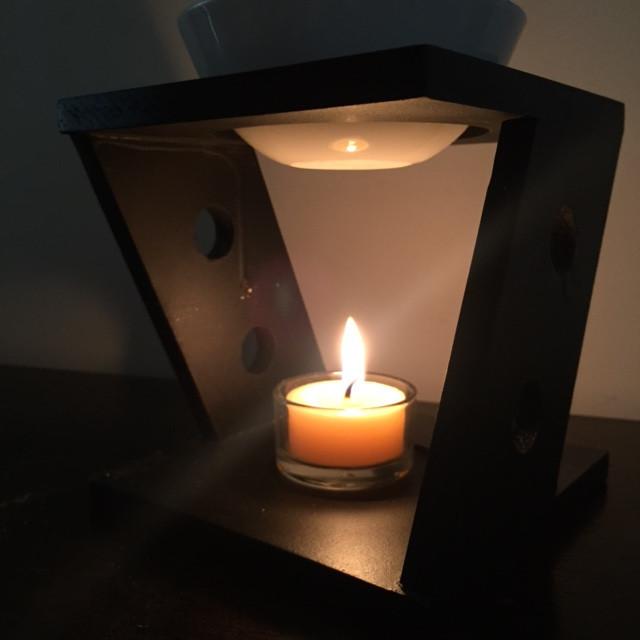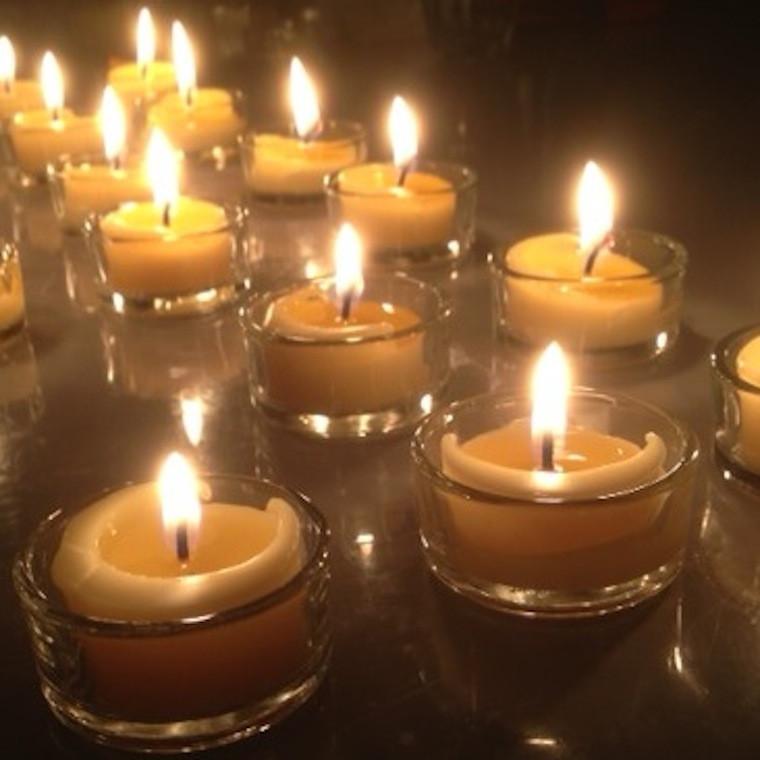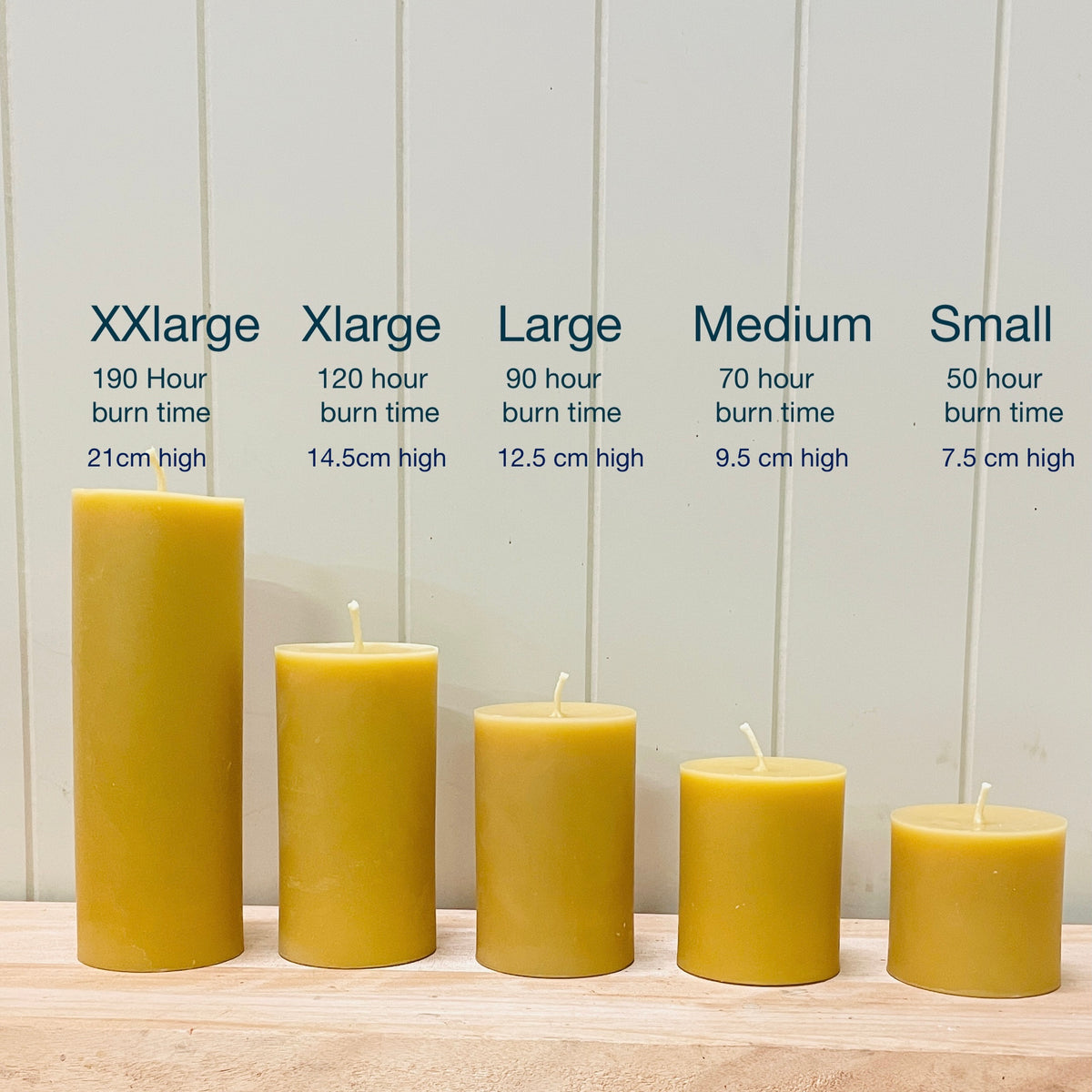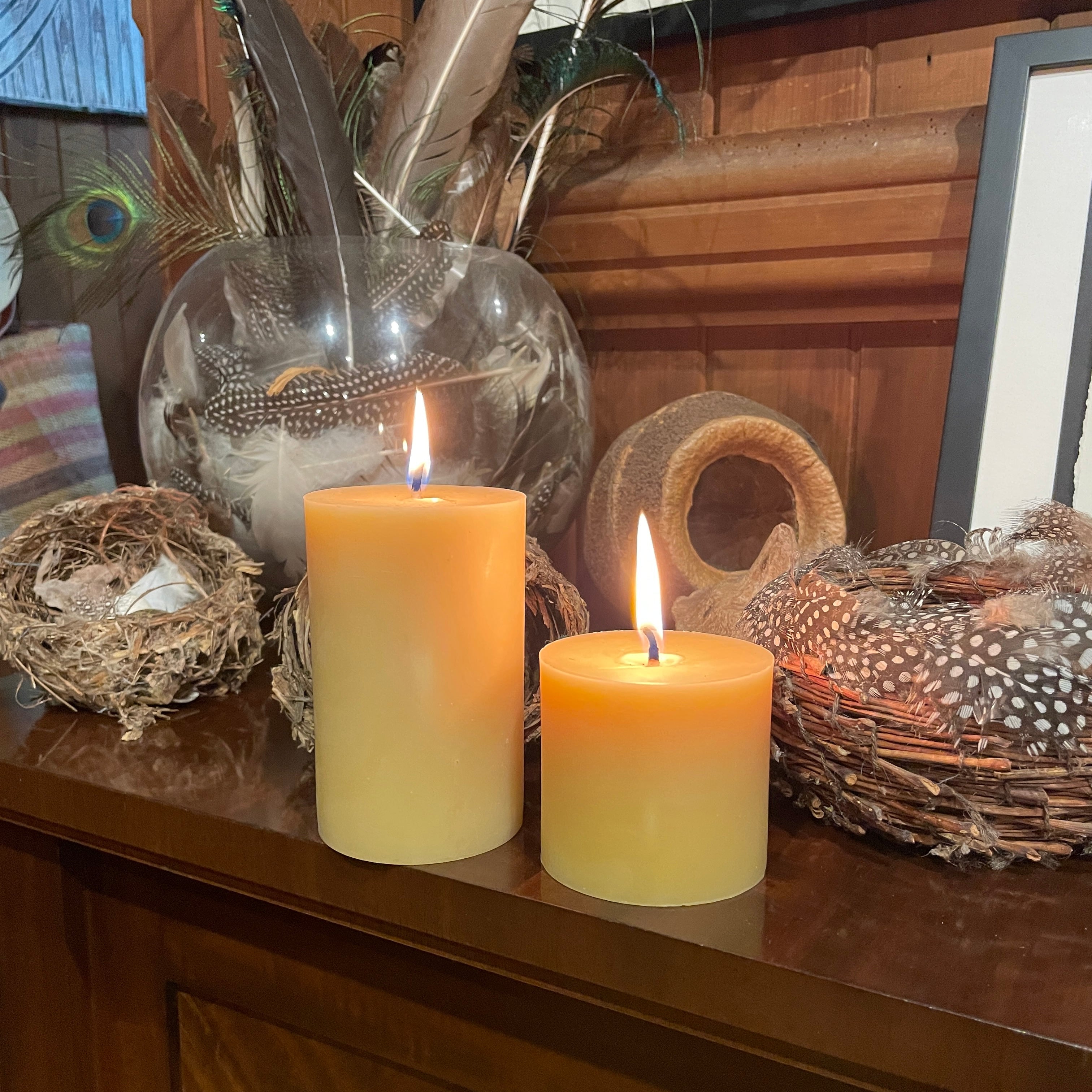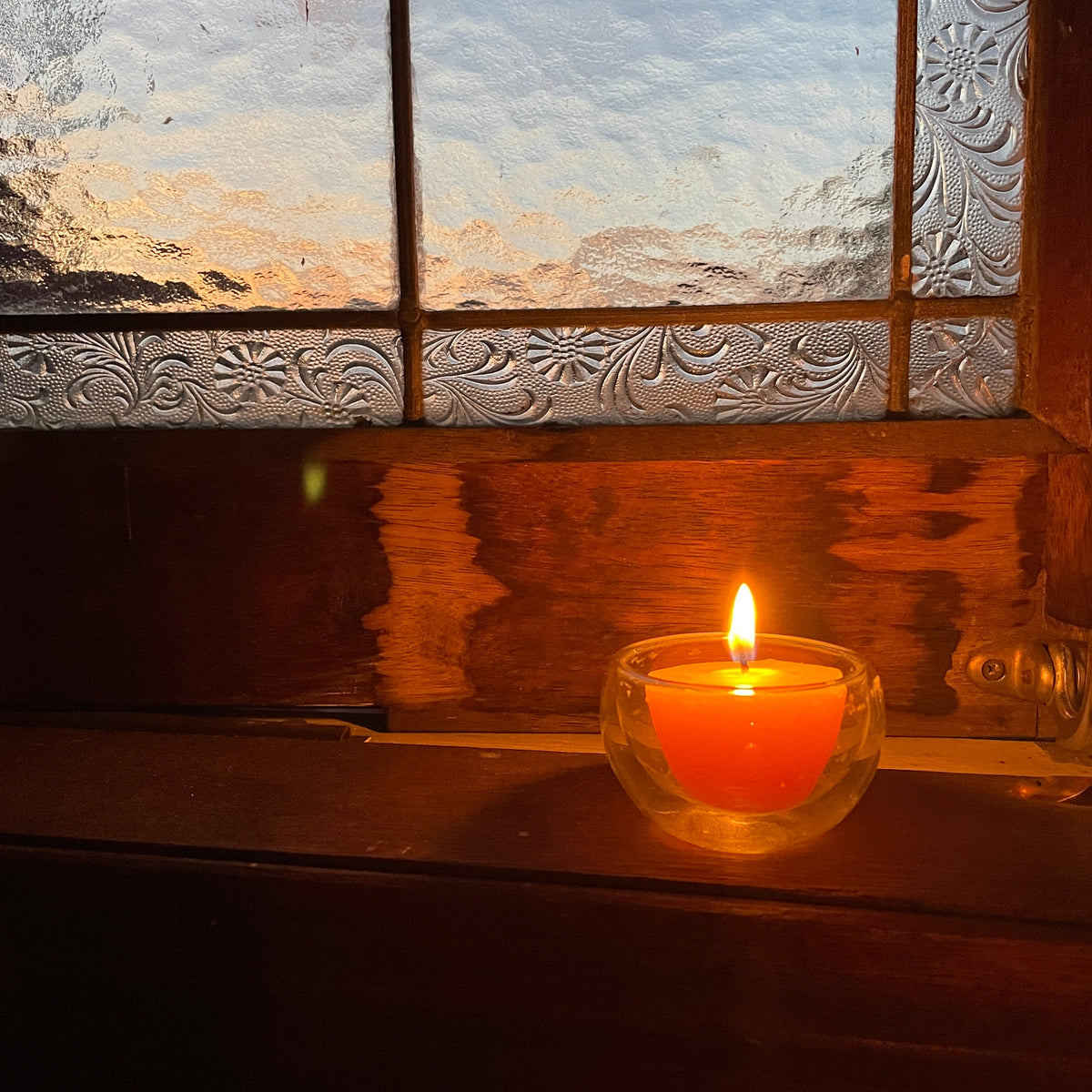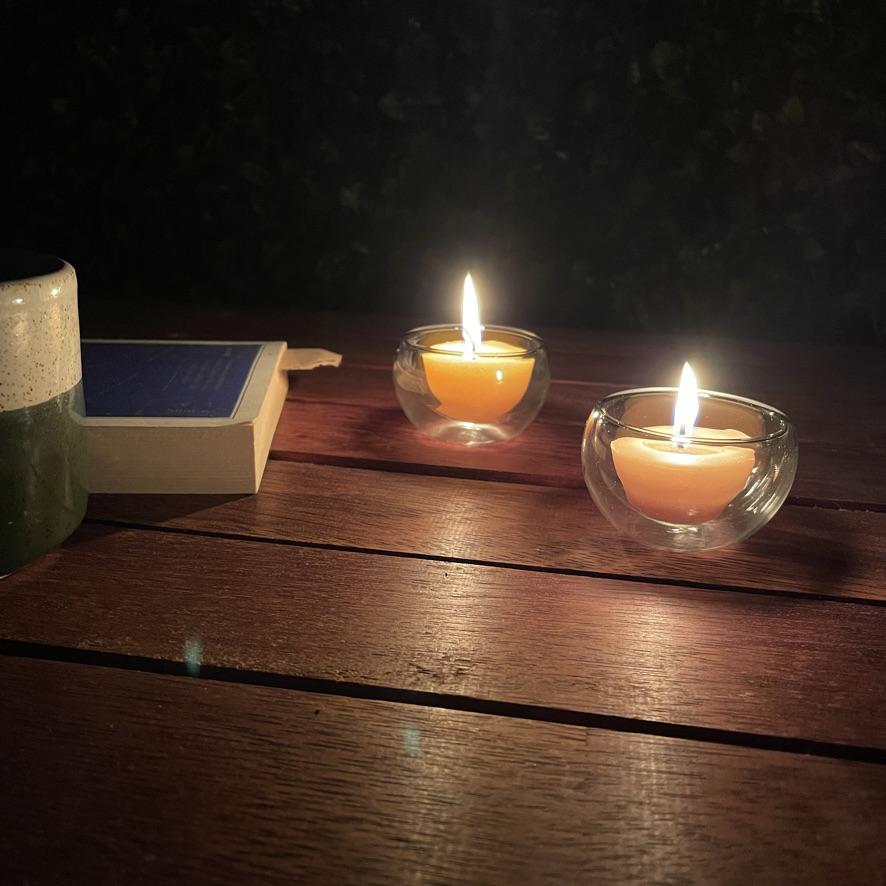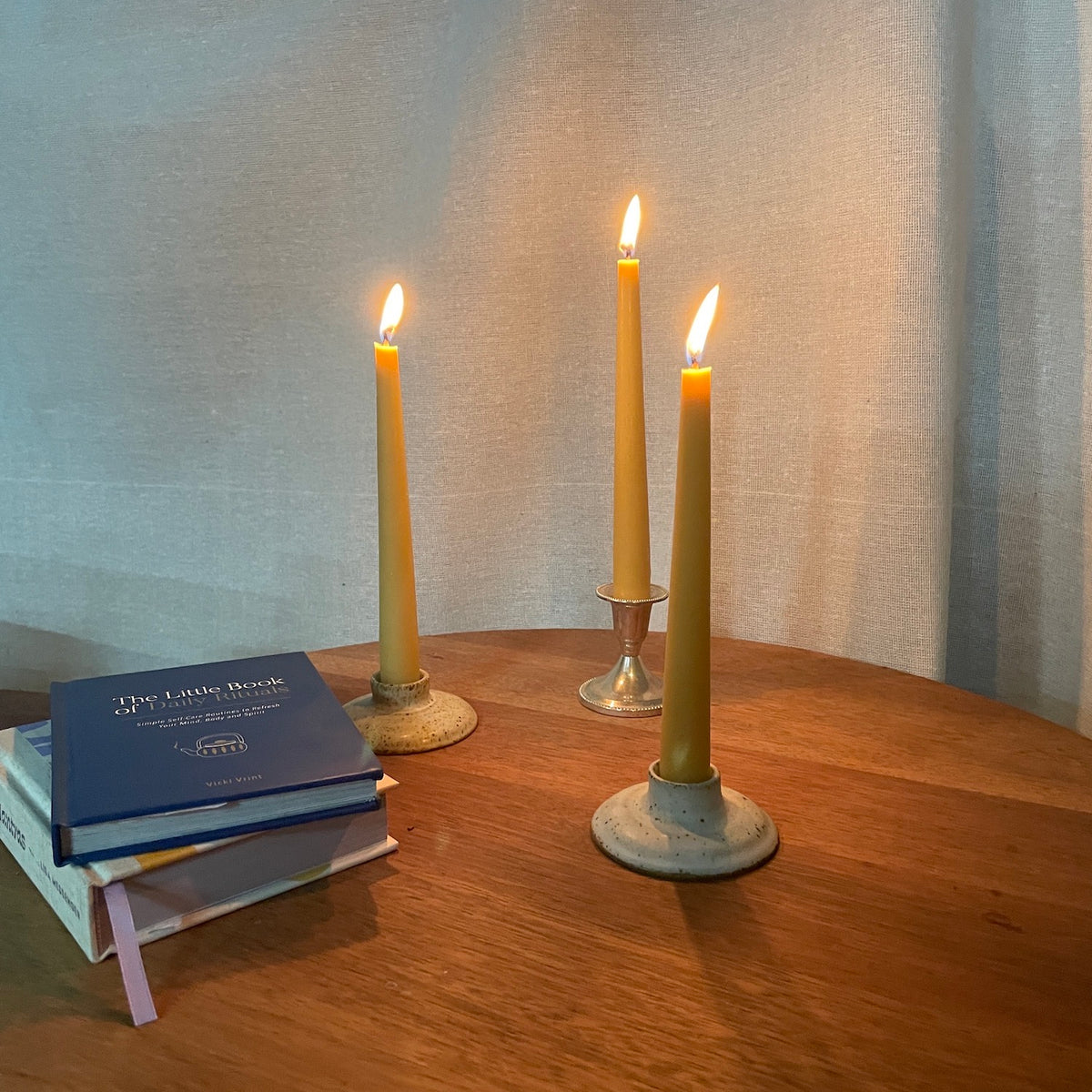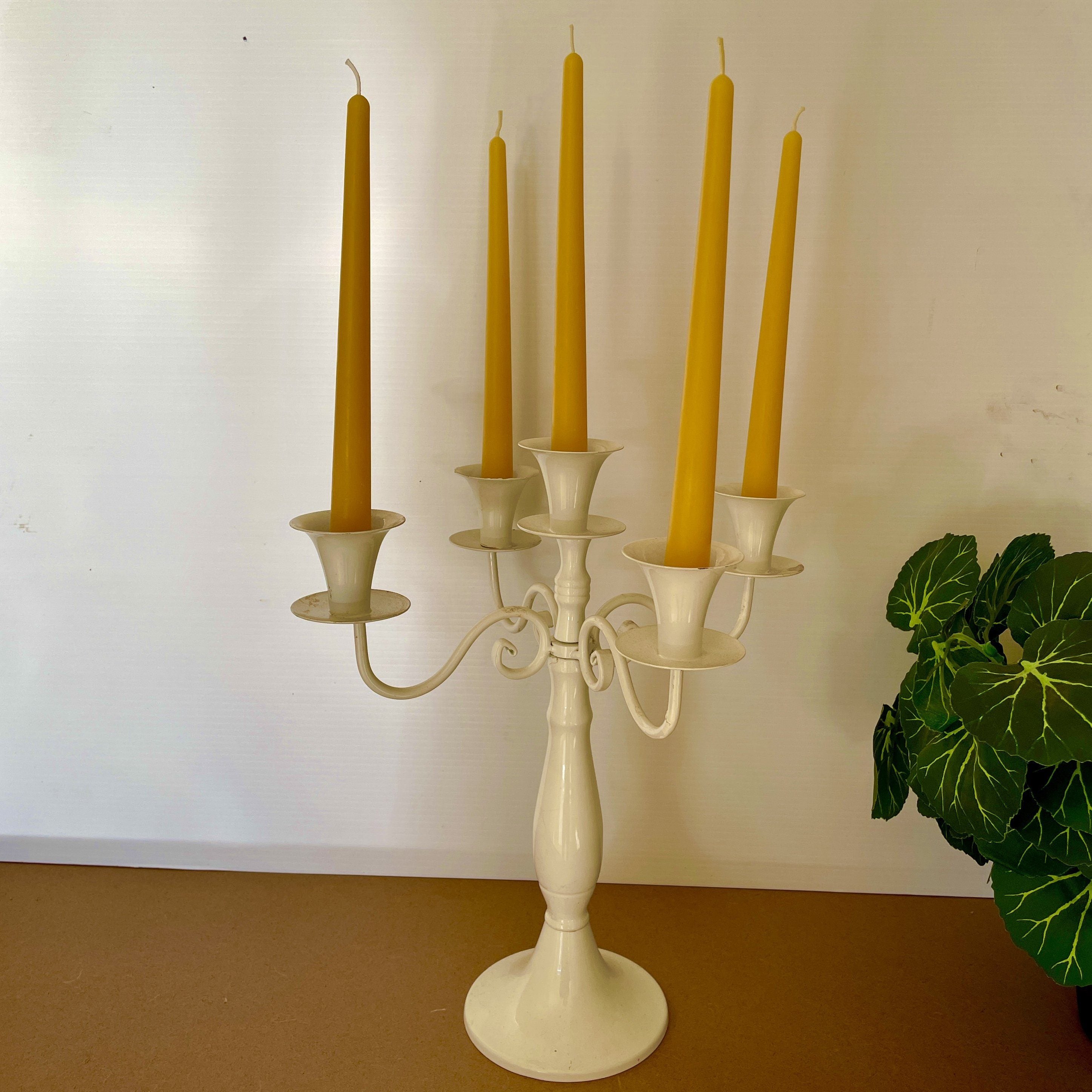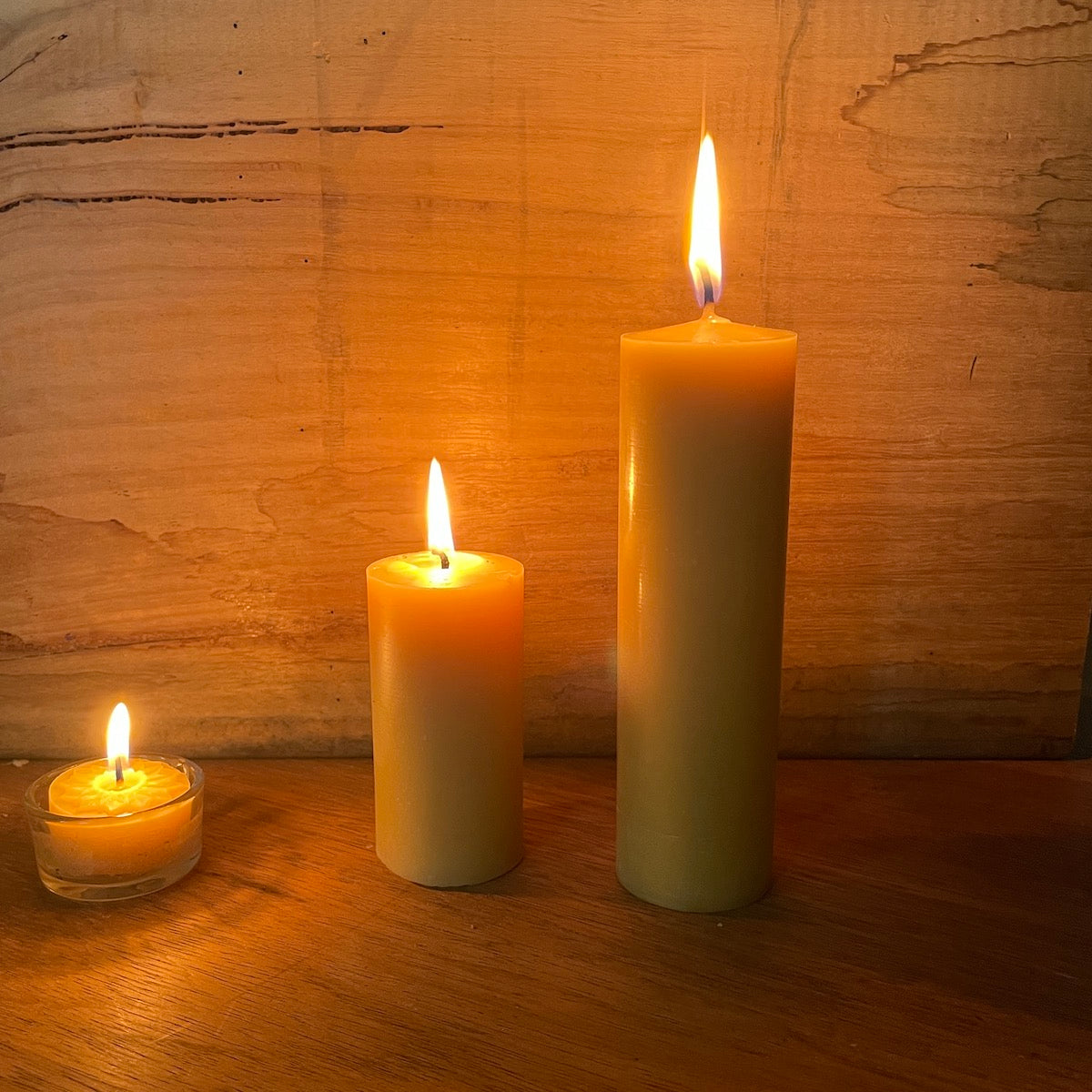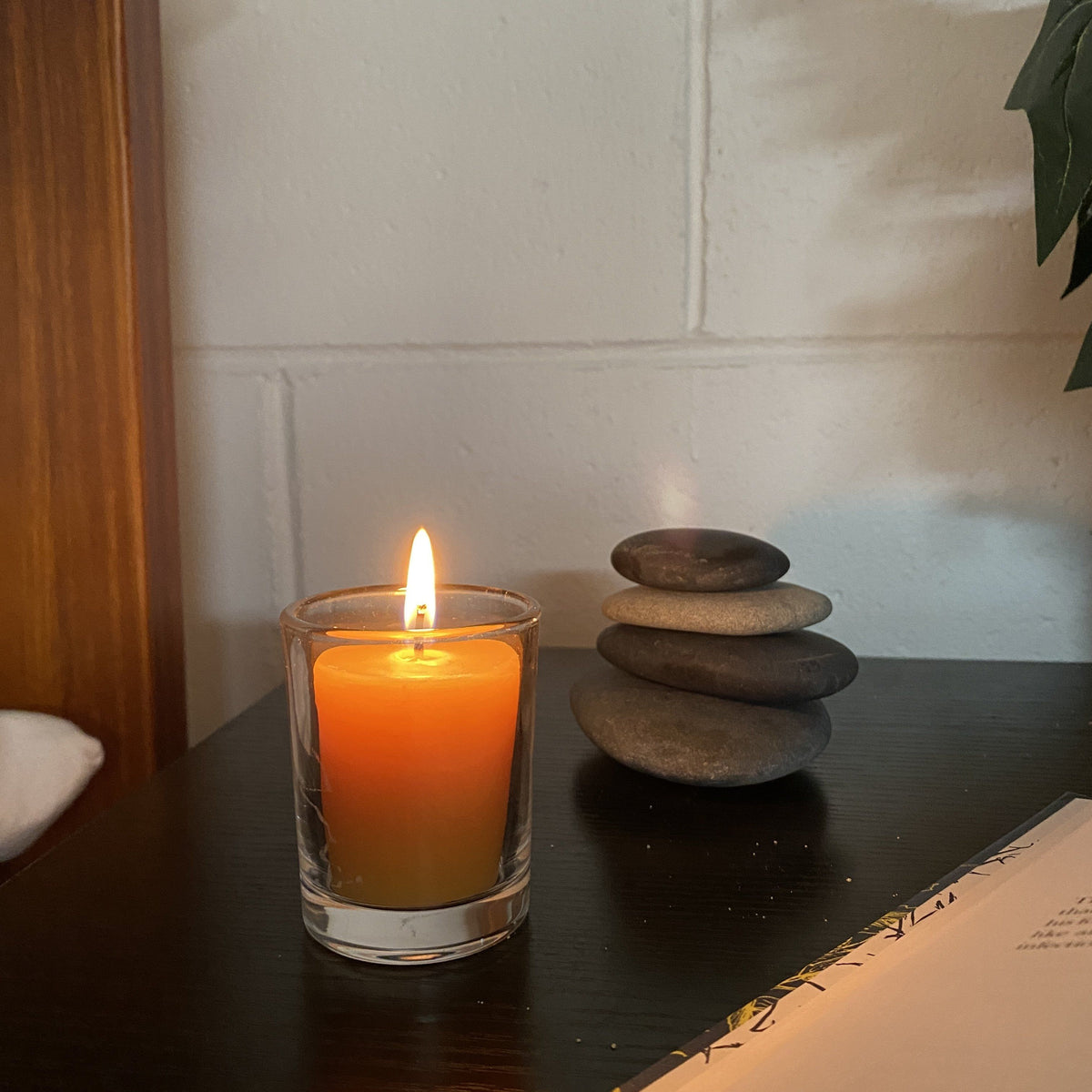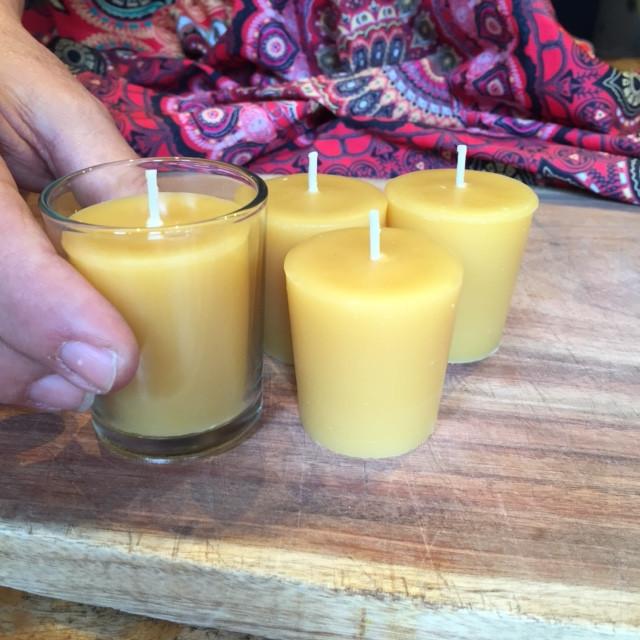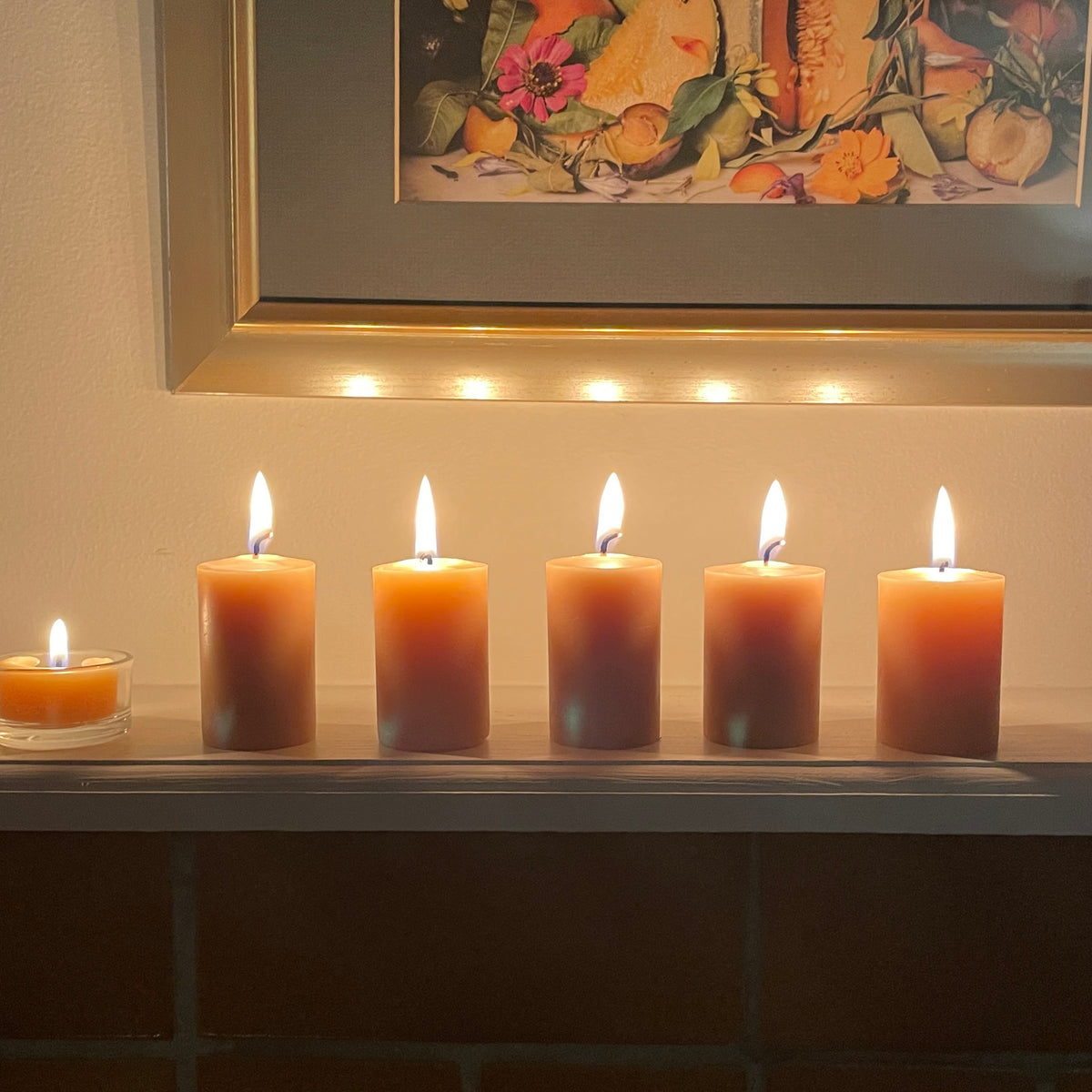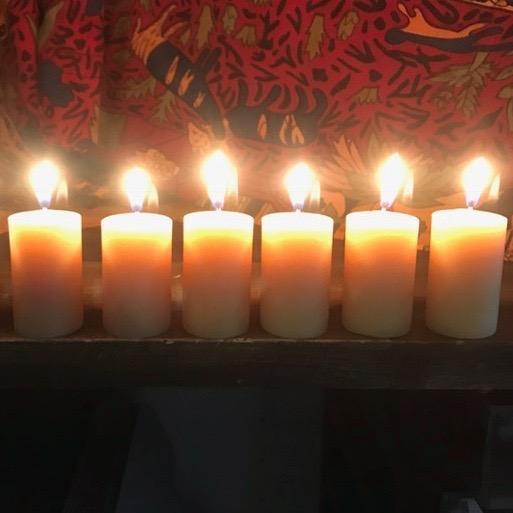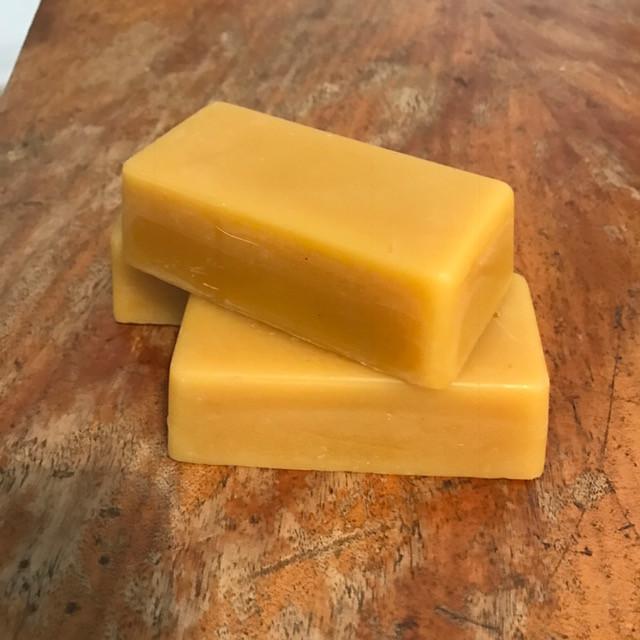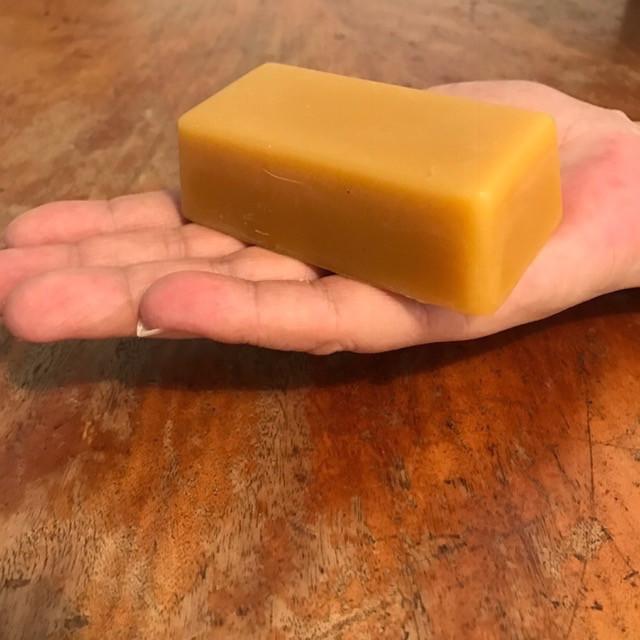Healthy candles- Why not soy, palm or paraffin candles?

Why Not Use Other Types of Wax for Your Candles?
The short answer: your family’s health — and the planet’s.
A huge amount of research has been done on candles and their impact on human health. That’s why we believe using 100% pure beeswax candles (with nothing added) is an important step in reducing exposure to harmful chemicals.
The Problem with Fragrances and Additives
"About 1 in 3 people report having health problems when exposed to products with fragrances. These include asthma attacks, hay fever, headaches, migraines, dizziness, breathing issues, rashes, congestion, nausea, and seizures." – Health Direct
Many of our customers tell us the same: they switched to our beeswax candles because the artificial fragrances in other candles triggered issues — especially migraines.
Burning soy and paraffin candles has been shown to release:
- Formaldehyde
- Acetaldehyde
- Toluene
- Benzene
- Acetone
These are known carcinogens that can lead to cancer and other serious health concerns.
Why We Don’t Use Soy Wax
- Soy is not a natural wax. It’s a hydrogenated oil processed with heavy metals.
- 96% of soybeans are genetically modified (GMO) and farmed with pesticides.
- Many soy candles add palm oil to stabilize the wax in warm weather.
- Soy farming contributes to deforestation and environmental harm.
Why We Don’t Use Palm Wax
The rise in palm oil demand has caused:
- Massive deforestation
- Destruction of animal habitats
- Serious threats to wildlife like orangutans
We believe the cost to the planet is too high — and we won't support this through our candles.
Why We Don’t Use Paraffin Wax
- Paraffin is a petroleum byproduct, used to make fuel.
- Burning paraffin candles releases toxic fumes.
- Like soy, it emits harmful chemicals linked to cancer and respiratory issues.
So What Do We Use?
100% Pure Australian Beeswax — Nothing Else.

We go one step further for your health by offering candles made from Australian Certified Organic Beeswax, which is:
- Free from pesticides
- Free from herbicides
- Free from fungicides
- Free from synthetic agricultural chemicals
Important Updates & Resources
We’re committed to sharing accurate, helpful information — backed by research and lived experience.
We welcome all perspectives and would love to hear from you if you have research that supports or challenges this discussion.
Explore more from our blog:
- How to reduce the chemical load in your home
- Why we don’t make scented candles
- How to bring Hygge into your home
Warm regards,
Peter
Happy Flame
Let Us Know Your Interest
Let us know some details about your business like location and/or website and we'll get back to you as soon as we can.


